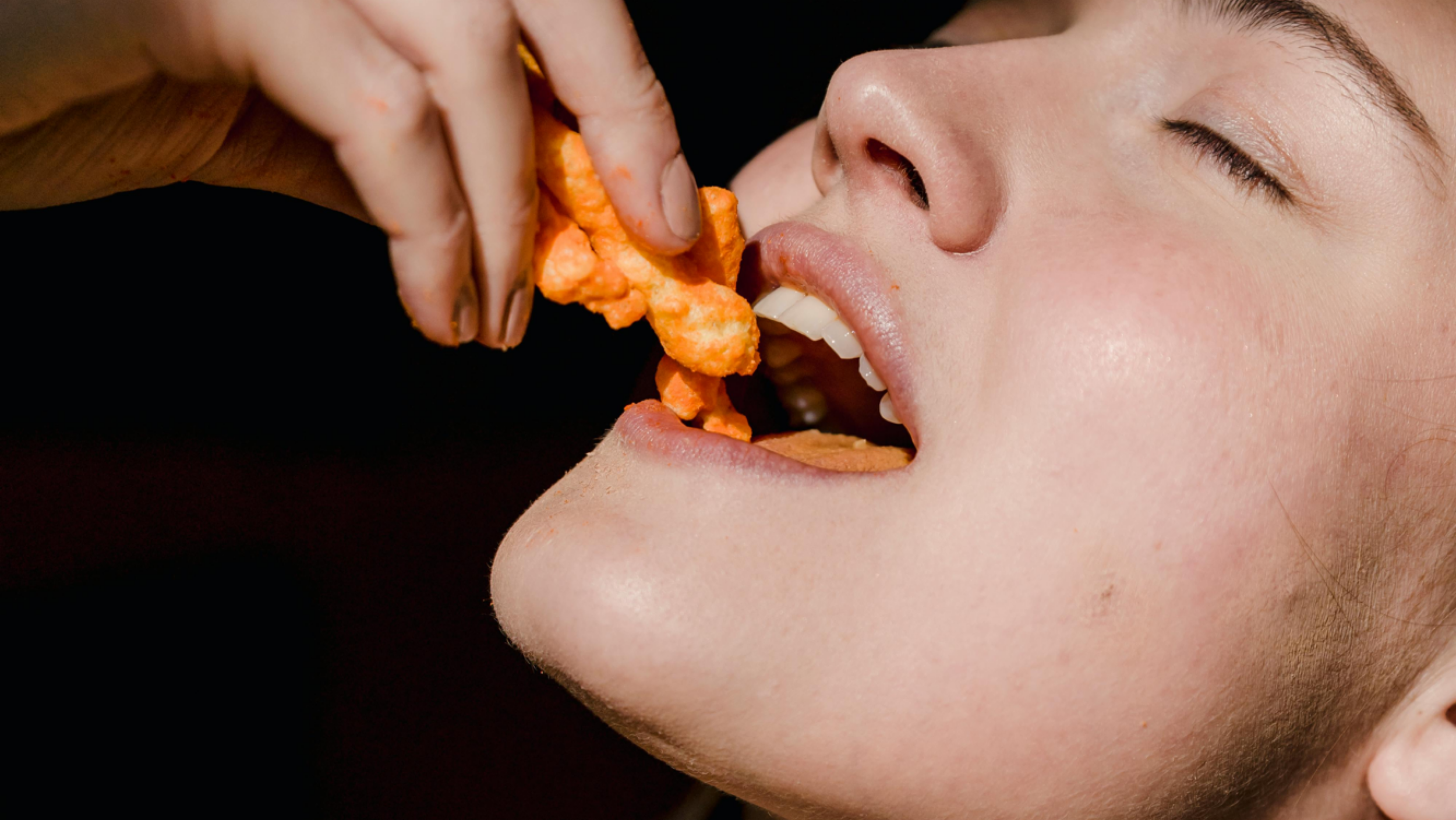Trusting Your Hunger
Dear health improvement seekers,
We can be so conditioned by a lifetime of diet culture that the 'rules’ of what to eat (and when) drive our habits and behaviors. Layer in conflicting info on which foods truly support our health (e.g. eggs, coconut oil) and it’s a perfect storm.
Diet culture glorifies thinness, equates weight with worth, and promotes restrictive eating as the path to health. It can deeply affect how we think and feel:
Food Guilt: Labelling foods as “good” or “bad” creates guilt or anxiety around eating
Body Shame: Constant comparison to unrealistic body standards leads to self-criticism and low self-esteem
Obsessive Thinking: Preoccupation with calories, weight, or “clean eating” can reduce our joy, creativity, and focus
Fear of Weight Gain: Fear can lead to disordered or chronic dieting, scale avoidance —all of which ironically increases the risk of weight gain over time
Perfectionism: Diet culture often encourages an “all-or-nothing” mindset, leading people feel like failures if they’re not perfectly following a plan
Diets Warp Our Eating Habits
Loss of Hunger Cues: Chronic dieting disrupts the body’s natural signals for hunger and fullness and our ability to discern this
Restrictive Patterns: Skipping meals, cutting food groups, or overly controlling portions often leads to rebound overeating or bingeing
Yo-Yo Dieting: Repeated cycles of weight loss and regain can harm metabolism and gut health
Disconnected Eating: This is when you stop eating for satisfaction or nourishment and start eating according to rules and restrictions
🔄 Five Ways to Change and Heal Your Relationship with Food
You can unlearn diet culture and build a healthier relationship with food and your body:
1. Reject Diet Mentality
Let go of "quick fix" promises for healing and weight loss
Unfollow those who promote weight loss as the ultimate goal
Start questioning where your food rules come from—and who might be profiting from them
2. Practice Intuitive Eating
Learn to tune in to your hunger, fullness, energy levels and satisfaction
Choose foods that feel good physically and emotionally—without guilt. Step away from labeling food as good or bad and instead view foods simply as having different nutrient density.
Trust your body’s wisdom over external cues for when to eat such as time of day
3. Reframe Body Image
Focus on what your body can do, not just how it looks
Wear clothes that fit and feel good today
Surround yourself with diverse body representations
4. Replace Shame with Curiosity
Instead of “I was bad for eating that,” ask, “What was I needing or feeling?”, then when the pattern comes up again, check in with yourself in this way before eating
Be compassionate with yourself when old thoughts surface. Change is a journey that takes time and there are no magic bullet solutions.
5. Seek Support
If your relationship with food is emotional and in need of adjustment, request my 6 tips for shifting into a more peaceful space that addresses root causes beyond pushing back on diet culture.
See how diets for weight loss stack up to wellness coaching. (Spoiler alert: diets have a 95% failure rate.)
A non-diet nutritionist or health coach/bevhavior change specialist (ME!) can guide you in the change process. Arrange a time to talk with me here. No judgements, no cost, no obligation.
Community matters—consider becoming a part of a group that affirms body respect and food freedom.
🌿 A Final Thought.
Stepping out of and healing from diet culture is not about giving up on trying to be healthier or returning to your happy weight. Rather, it’s about redefining what this looks like. Health is so much more than a number on the scale or fitting into a certain clothing size. It’s about how you feel, function, and relate to yourself and the world around you.
To your abundant health and joy,
Health Coach Gayle Rose
Certified Whole Health Coach
Certified Behavior Change Specialist
Certified Personal Fitness Trainer
720-793-0413
P.S. With WhyPowered Coaching, we say NO to diets and YES to trusting our bodies and making peace with food to return to a more balanced place.


